The U.S. Attorney for Washington, D.C, Michael Sherwin, who had been leading the prosecution of hundreds of Capitol rioters, recently gave an interview to 60 Minutes that should have many leaders and organizers of the January 6 insurrection worried.
Asked whether some defendants met the bar for charging them with "sedition," Sherwin said:
"I personally believe the evidence is trending towards that, and probably meets those elements."
"Do you anticipate sedition charges against some of these suspects?" the interviewer asked.
"I believe the facts do support those charges, and I think that, as we go forward, more facts will support that."
According to the New York Times, the charge of sedition was last leveled 10 years ago against members of a Michigan militia who allegedly plotted armed conflict with the government. The "Seditious Conspiracy" statute, 18 U.S. Code § 2384, specifies as follows:
"If two or more persons in any State or Territory…of the United States, conspire to overthrow, put down, or to destroy by force the Government of the United States…or by force to prevent, hinder, or delay the execution of any law of the United States, or by force to seize, take, or possess any property of the United States contrary to the authority thereof, they shall each be fined under this title or imprisoned not more than twenty years, or both."
The organizers of the armed takeover, including leaders and members of the Proud Boys, Three Percenters, and Oath Keepers, thus potentially face 20-year sentences under what Sherwin called the "obstruction" part of the statute. That is, the insurrectionists could be accused under the statute of trying to stop the lawful counting of the electoral college ballots, and as part of that effort, of seizing the Capitol building. Of the 400 people who have been charged so far, Sherwin estimates that around 10 percent of them possibly face sedition charges.
The difficult part ahead for any sedition charges, which haven't yet been made against any suspects, will be to prove there was an agreement in advance as to what to do to take the Capitol and to show who took part in it.
In the 2010 Michigan case, when the statute was last invoked, the defendants ultimately were acquitted, with the judge noting the Justice Department had not adequately proved a "concrete agreement to forcibly oppose the United States government." Sherwin no doubt wants this prosecution to avoid a repeat of that.
Here, it appears that the organizers of the insurrection among these groups left a bit of an electronic paper trail. According to CNN, Facebook chats recently disclosed in a filing by the Justice Department show that Kelly Meggs, an Oath Keepers leader, discussed his plans with Proud Boys leadership and orchestrated between the groups.
Specifically, in a December 22 Facebook message, Meggs said the Oath Keepers would send 50 to 100 members to Washington on January 6.
He then wrote:
"Plus we have made contact with PB and they always have a big group. Force multiplier."
Three days later, on Christmas, Meggs messaged about a "provisions list" of armor and non-gun weapons to bring, and described in more detail an attack plan with the Proud Boys. "You can hang with us we will probably be guarding [redacted] or someone during the day but then at night we have orchestrated a plan with the proud boys," Meggs wrote.
One interesting thing to note about conspiracy charges around the insurrection: Other individuals could be caught up in them, even if they themselves did not partake in the riot. If they formed any kind of solid advance agreement with the rioters, they are by definition part of a conspiracy and could be charged as well, no matter what they did on the actual day of the storming of the Capitol.
That's why any communications between political leaders, Trump campaign staff, or other third parties with the members of these groups are likely being scrutinized, and the defendants who seized the building could be pressed to identify who, if anyone, may have also been part of the plot.
For example, it is widely believed that the person they were "guarding" was none other than Roger Stone, the political trickster and Trump advisor recently pardoned by the former president.
Many have wondered why Sherwin, a Trump appointee, decided to break department protocol and speak publicly about an ongoing investigation. After Judge Amit P. Mehta noted that his remarks could threaten the integrity of the jury pool, the Justice Department began an internal review of his conduct, according to the Washington Post.
Sherwin is returning from the temporary position in D.C. back to his permanent position as a line prosecutor in Miami. So the rest of the case will be handled by his successor, Channing D. Phillips, who took over the case in March.
As the interview ended, Sherwin declined to rule anything out about other possible defendants, no matter how far up it goes. If the evidence showed, for example, that Trump aided or abetted the insurrection, Sherwin indicated even the former president could be found culpable:
"It's unequivocal that Trump was the magnet that brought the people to D.C. on the 6th. Now the question is, is he criminally culpable for everything that happened during the siege, during the breach? What I could tell you is this, based upon, again, what we see in the public record. And what we see in public statements in court. We have plenty of people—we have soccer moms from Ohio that were arrested saying, 'Well, I did this because my president said I had to take back our house.' That moves the needle towards that direction. Maybe the president is culpable for those actions. But also, you see in the public record too militia members saying, 'You know what? We did this because Trump just talks a big game. He's just all talk. We did what he wouldn't do."
Pressed as to whether his investigators were actually presently looking into Trump's role, Sherwin said simply, "We have people looking into everything, correct."

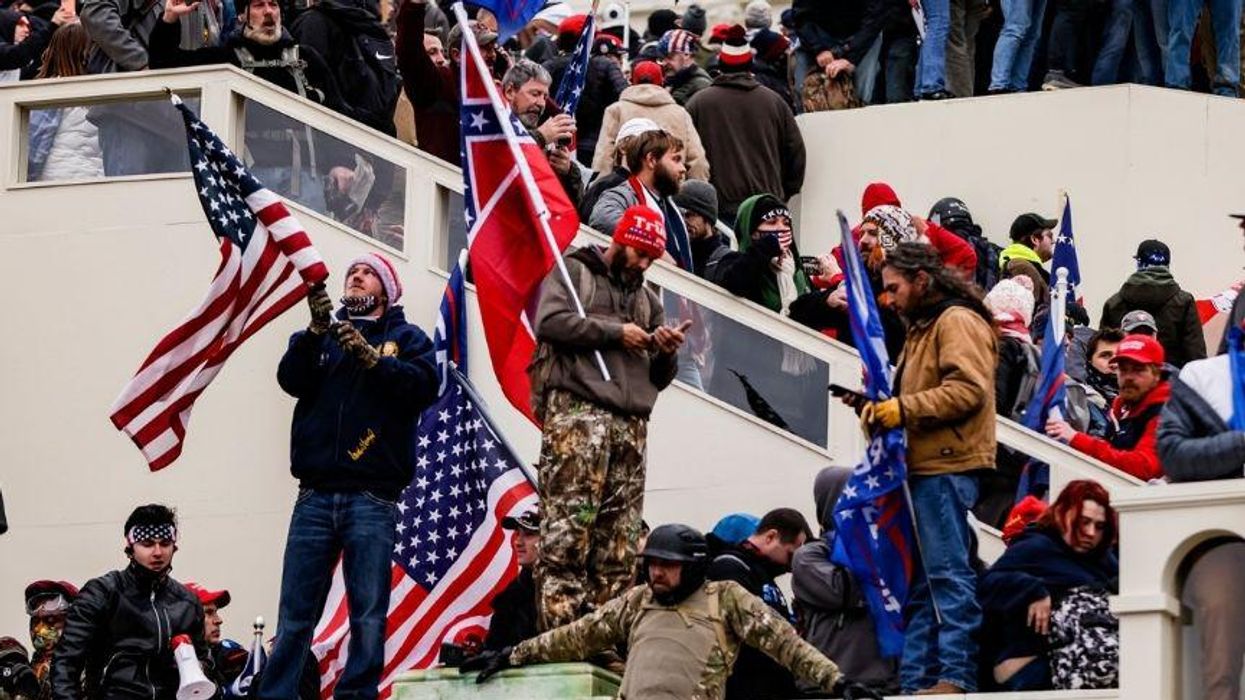




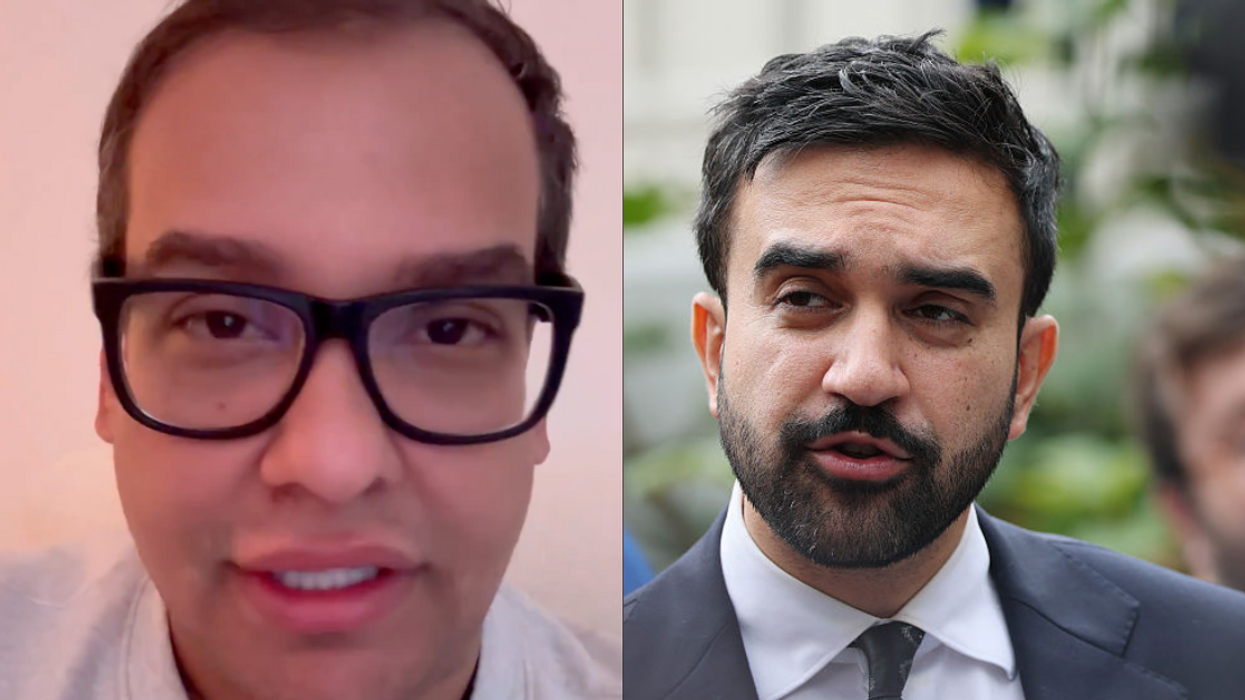
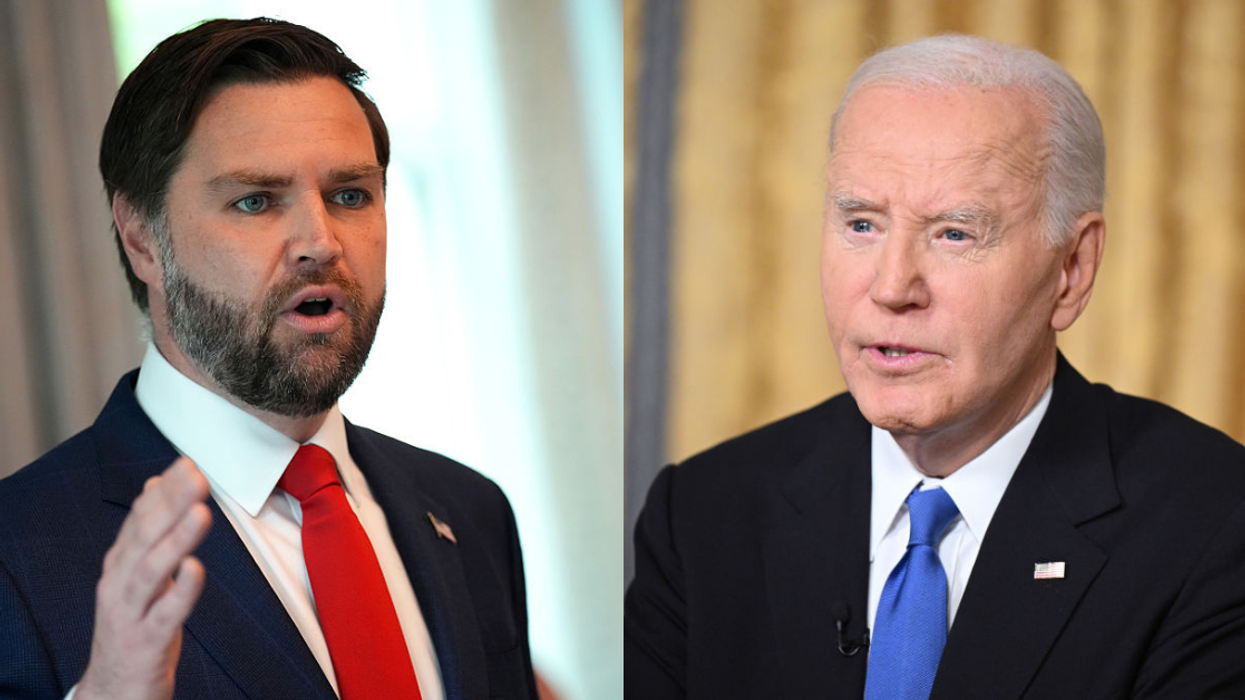




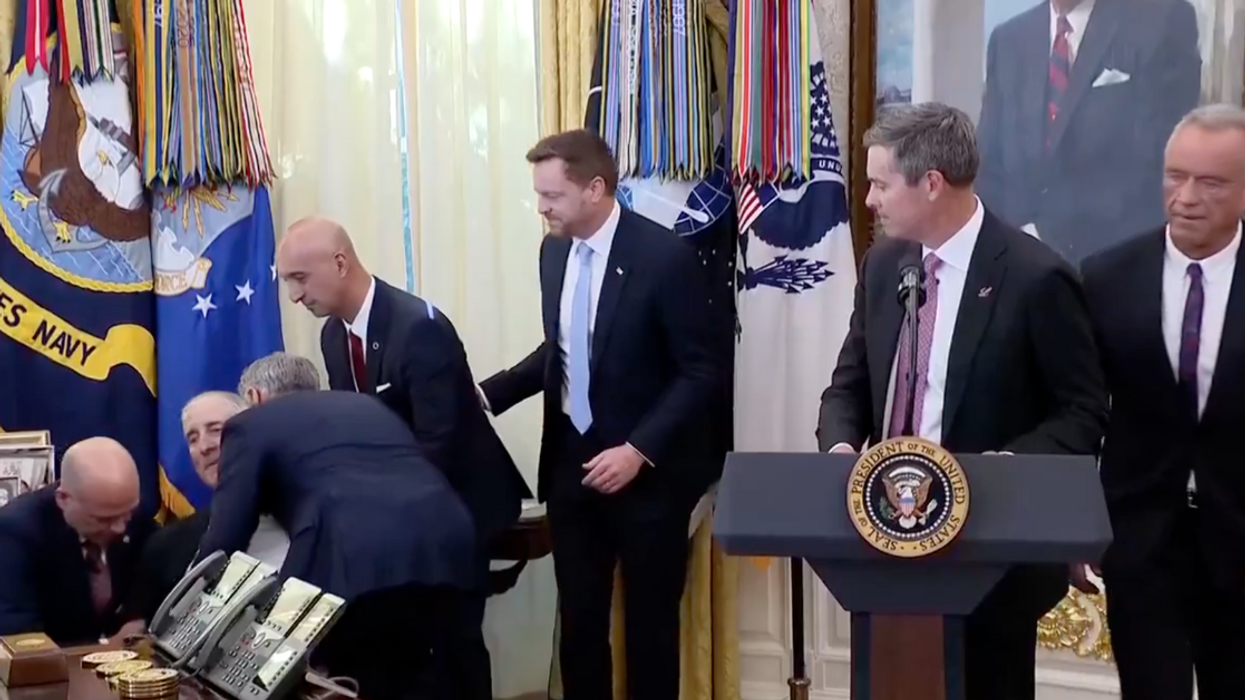


 breast cancer GIF by Baptist Health South Florida
breast cancer GIF by Baptist Health South Florida  Teddy Bear Doctor GIF
Teddy Bear Doctor GIF  feeling neck skin GIF
feeling neck skin GIF  praying GIF
praying GIF 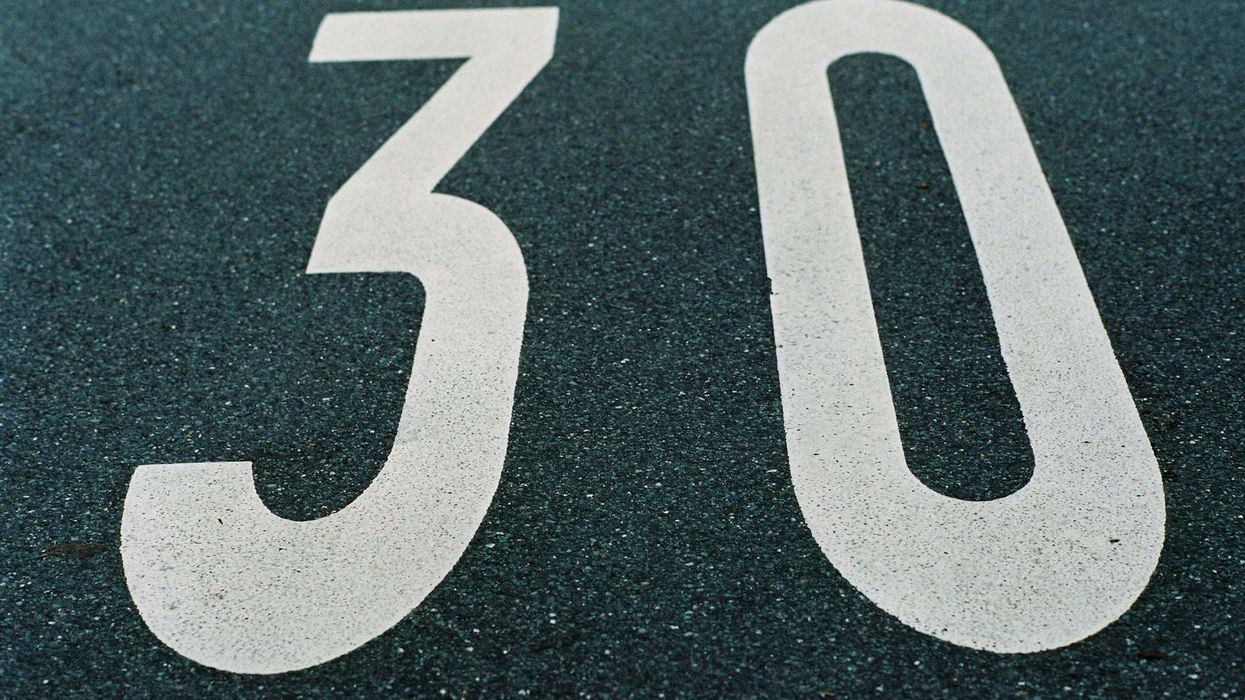
 Snail Ugh GIF by Sticker Book iOS GIFs
Snail Ugh GIF by Sticker Book iOS GIFs  Serious
Serious  Home Alone Reaction GIF by 20th Century Fox Home Entertainment
Home Alone Reaction GIF by 20th Century Fox Home Entertainment  Cat Working GIF
Cat Working GIF